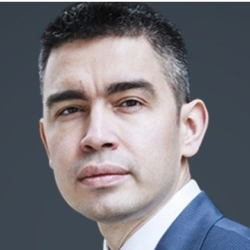Marcel Salikhov, President of the Institute for Energy and Finance, commented to the Business Online magazine on the resumption of foreign exchange operations by the Central Bank and the Ministry of Finance of the Russian Federation:
— The budget rule was in effect, but due to the fact, that the Central Bank's accounts in euros and dollars and its assets are blocked, it could not conduct these [currency] operations. Now the operations will be carried out in yuan. Relatively speaking, the Bank of Russia has an account with the National Bank of China, respectively, in any case it is necessary to coordinate and negotiate with the Chinese side. Therefore, in recent months they (the authorities of the Russian Federation — ed.) have been talking about the return of the budget rule, that transactions will be carried out in the currencies of friendly countries and so on. Now it has been announced, that everything is being resumed in yuan.
In fact, this is a return to the budget rule that was in effect until January 2022. The budget rule has been modified in recent years and is being modified now, it is a little different than it was. The budget rule is not about smoothing the consequences of the oil embargo at all. It simply says that the Central Bank and the Ministry of Finance should save part of the oil and gas revenues, excess profits, some additional income in foreign currency. You can imagine a kind of pot that accumulates in good times, is spent in bad. At the same time, it should be in some external assets, because it does not make sense to save in rubles. The Central Bank creates rubles itself, they will have inflationary consequences. Almost all major oil-producing countries have some funds or some foreign exchange reserves, which are formed in other economies.

Subscribe for updates
and be the first to know about new publications